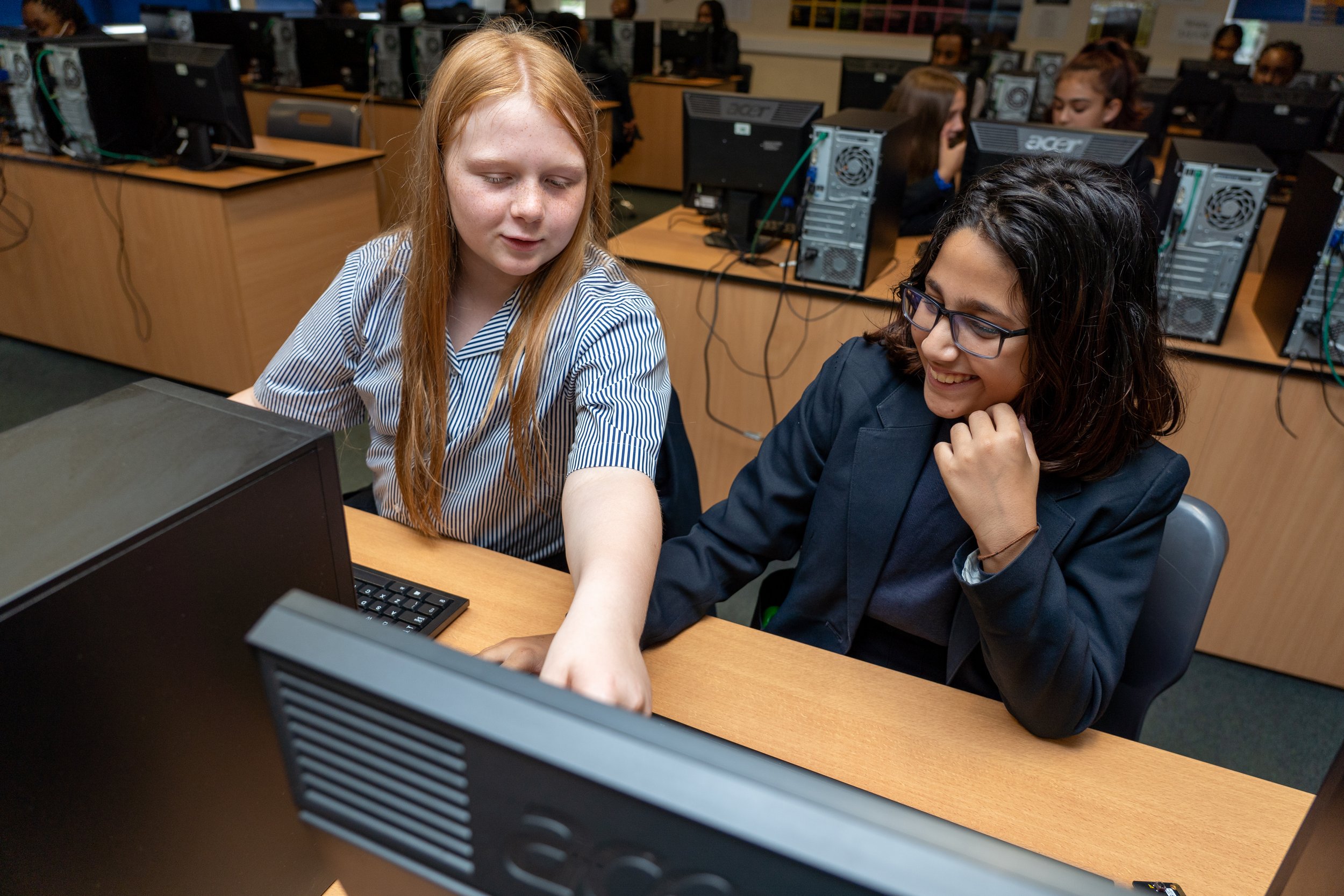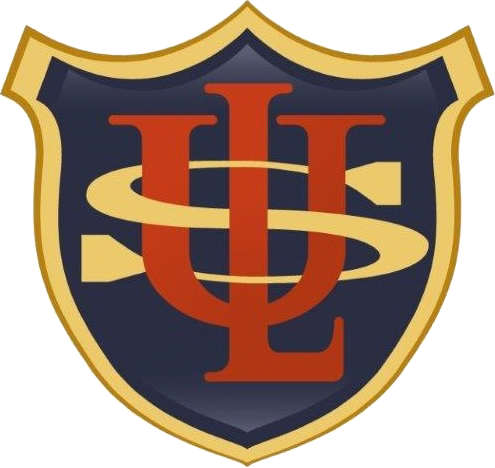
MEDIA STUDIES
Aims Of The Curriculum/Curriculum Intent
Media Studies is taught as an optional subject from Year 10. Whilst pupils do not study the subject at KS3, the course is designed in such a way that it builds upon skills and knowledge that pupils have acquired across a range of subjects throughout Years 7-9.
Introduction
Media Studies is a creative and innovative subject; learning about media involves both exploring and constructing media products across a diverse range of platforms. It encourages creativity, teaches analytical skills and introduces students to critical ways of thinking about the world around them. These qualities are highly valued by universities and employers and hold pupils in good stead for further learning at KS5. Moreover, the subject equips pupils with the skills necessary to survive and thrive in a media saturated society.
Students will study and produce texts across a range of media platforms including but not limited to broadcasting, e-media, print, film, radio and news. This study is coupled with theoretical analysis that covers areas such as semiotics, genre theory, narrative and audience theory.
The range of material covered on the course ensures that students gain an all-round appreciation and understanding of various aspects of the media.
Specification
For GCSE Media Studies students follow the AQA specification.
Curriculum Content KS4
Year 10
Throughout the first year of the course, pupils will examine and produce a range of media texts, applying newly acquired media terminology and theoretical principles. Pupils will be equipped with a vast range of analytical approaches rooted in the four areas of the theoretical framework:
media language
media representation
media industries
media audiences.
Students will study a range of media texts, including but not limited to the following media forms:
audio-visual forms (TV, film, radio, advertising and marketing, video games and music video)
online forms (social and participatory media, video games, music video, newspapers, magazines, advertising and marketing)
print forms (newspapers, magazines, advertising and marketing).
Lessons regularly involve accessing resources online, and ICT literacy is developed alongside the study of the media. Students are also encouraged to collaborate and work to deadlines throughout the course. Pupils will be assessed at regular junctures to monitor the escalation and acquisition of knowledge.
Year 11
In the second year of study, students will continue to build upon the solid foundations they forge throughout Year 10 – consolidating and developing knowledge and understanding of the theoretical framework.
Pupils will begin considering and preparing for the demands the GCSE examination. Coupled with this is the preparation and submission of the Non-Examined Assessment in which pupils produce a statement of intent and a media product for a specific audience based on an annually changing brief from our exam board, AQA.
The intent is that by the end of Year 11, students will have an excellent understanding of key concepts and related theories, can analyse their 18 CSP’s (Close Study Products) confidently and have an excellent understanding of related contexts, while NEA work will also have been completed to an excellent standard in line with or above their target grades.
Upon finishing their 2 year course, we hope that students have not only been successful in their GCSE assessment but will have a lifelong interest in and appreciation and heightened awareness of a range of media forms.
Hopefully, students will have also become more open-minded, empathetic and curious, gained a better understanding of the wider world, the human condition, are better able to see the ideologies and biases behind representations and the impacts on audiences. Such knowledge and understanding, alongside developed analytical skills is vital education for young people in today’s – and more importantly-tomorrow’s increasingly media saturated, interconnected and complex world.
Assessment
Assessment takes place at the end of the course, with 70% of the overall grade derived from two 90-minute written exam papers, and 30% from Non-Examined Assessment.
After KS4
Beyond GCSE, students may continue to study media at A-Level, or pursue a more practical route through a range of BTEC courses on offer and on to University. Media students typically enter careers in the media, cultural and creative industries and areas of work can include television and radio, film and video, digital media, computer games, journalism, writing and publishing, PR and media practice.
